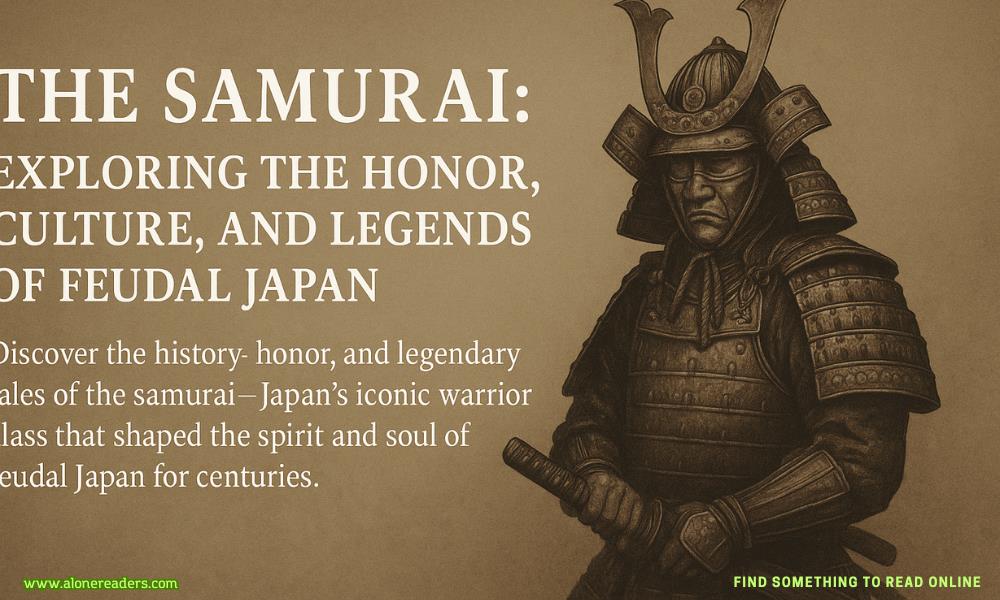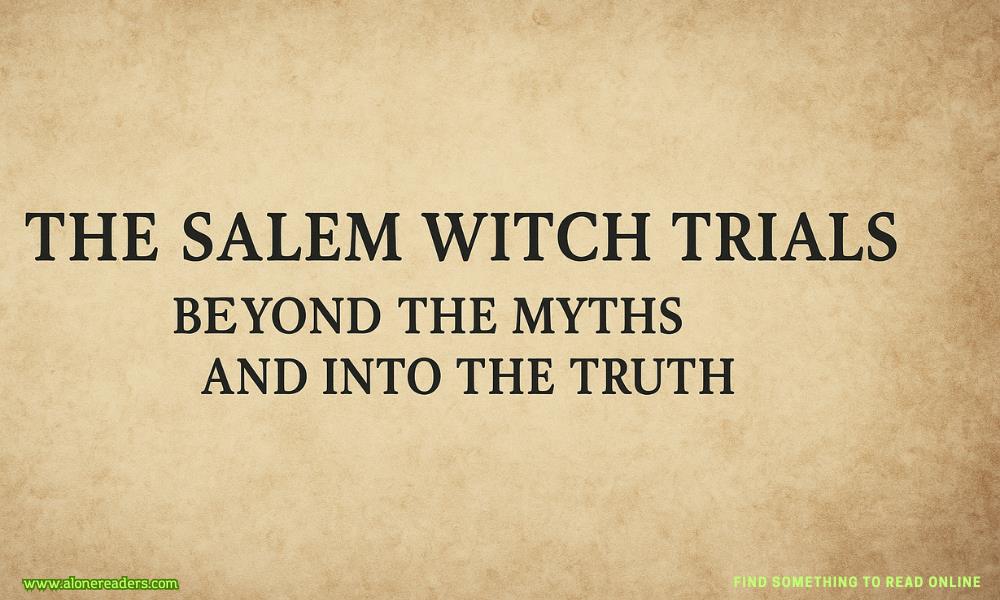Page 84 of Aftertaste
And then, Stan, at that party, I met you.
SETTING THE TABLE
IN THE WEEKSbefore previews, Kostya hired bartenders and servers, runners and busboys, hosts and a maître d’. He trialed florists and laundries and cleaning services. He unpacked endless boxes of linens in every imaginable shade of black. He ran through dinner service on the line, Rio and Ale and Big Mike and a dozen others making dishes to Kostya’s specifications, following his lead in the kitchen, calls ofHeard that!andSeven buff chix all day!andDorade on the fly for Table Six!music to his ears as the senior servers rapid-fired tickets for the rail. He finalized arrangements for the deliveries of food, single cases of hundreds of different ingredients, order sheets that drove Baldor and Rozzo and D’Artagnan crazy.
With all this going on, Kostya should have been laser-focused. Eating, sleeping, and breathing DUH. And he was, mostly. Whenever he wasn’t obsessively worrying about Maura.
He’d be in the kitchen, showing someone how to plate a dish, and picture her passing out while crossing the street. He’d be going over inventory with Rio, and pause mid-sentence, imagining Everleigh just showing up, uninvited, fire and brimstone and ghostly wrath. He’d be looking at a table Stella had set, staring too long at an embroidered napkin, envisioning some sort ofFreaky Fridayscenario—Maura and Everleigh trading places, one sister possessing the other.
Maura hadn’t had another episode since the hospital (at least, not that she’d admitted), but Kostya couldn’t shake the feeling that she wasn’t telling him everything. Each time he asked about it, she waved him off. Eye-rolled. Laughed. Like he was making a croquembouche out of a donut hole.
And maybe he was! Maybe he was freaking out for no reason!
Ormaybehis instincts in that hospital room had been right and Everleighwasresponsible, was somehow drawing Maura toward those freaky deathless deaths. Maybe she was dangerous. Lashing out. And maybe Maura was protecting her, or in denial about the whole thing.
All Kostya knew was that he didn’t trust Everleigh, but that he had no idea what to do about it. Not that he had much time for ghostbusting even if he did.
After, he promised himself. Once DUH opened, once things were running smoothly, he’d revisit this thing with Maura and her sister. Hopefully, by then, she’d be ready to tell him the truth.
WITH TWO WEEKSto showtime, Kostya studied the etching on the entryway door—DUH by Executive Chef Konstantin Duhovny—and felt his hands shake. He traced the letters—of a name he didn’t even like!—and had to take several steadying breaths. Seeing it there, written, he felt like he’d finally arrived, not just on the culinary scene, but at the doorway to his life.
With a week to go, he walked through the space that they’d built—that he’d built—feeling as though he’d been reborn. The kitchen was breathtaking, soaring, its deco arches doming over top-of-the-line ranges, a row of ovens, salamanders and sous vides, two enormous walk-ins, a lowboy at each station, a reach-in freezer, a blast chiller, every imaginable kind of gadget reflected in the row of antique windows, the 6 Train shooting past at regular intervals, dazzled by the gleam.
Upstairs, the entry hall—dark-mirrored floor; curtains the color of smoke; an enormous host stand shaped like vertebrae—led to a cocktailchamber—leather and bone; chrome; black glass; the double bar fanning out from a central column of stools, like a rib cage—where guests would wait to be taken either to the main dining room or to a private aftertasting chamber. There were ten of these in all, five along each wall, flanking the sleek black tables and skeletal seating of the main dining room. Each chamber was enclosed in mercury glass, the décor within dim and minimalist, the lighting sultry and low, the effect like walking through a rhodium mine.
What you couldn’t see from the bar were the gaps in the mercury coating, places where light could bleed through the iridescent glass. When Kostya retrieved Stella’s mom, the lights that heralded her return had given Stella the idea. She designed the rooms so that, as diners met their ghosts, their chambers would glow from within, a preview for the next guests waiting to be reunited. A paranormal light show.
“Like an aurora of souls,” she’d whispered, showing him the sketch.
“It’ll be incredible, if it works.”
“When,” Stella corrected him.
THE WORLD—THE CULINARYworld, at least—seemed to agree.
It was only a matter of time. Chef Duhovny, heretofore unknown (not even a chef!), was being heralded. There were articles inTime Out, inEpicurious, inNoshandFoodieandEats, all speculating on what would actually go down at DUH, and whether it was worth the hefty price tag. Several chefs he’d never met, as well as—color Konstantin surprised—Michel Beauchêne had come out in support of the endeavor, with hot takes like how Kostya was resurrecting FiDi’s culinary wasteland, bringing attention to worldwide traditions centering food and loss, reminding us how powerful the connection was between eating and mourning, and eating and memory.
They prerecorded a feature forGood Morning Manhattan, set to air the day before the opening, Kostya talking into a mic on a sound stage,bantering with the host as beauty shots of the restaurant aired on a screen between them:
“The space is just divine!” she gushed, grinning, her teeth blindingly white and square. “And speaking of divining—before we wrap, let’s set the record straight. I’ve heard some rumors that a meal at DUH includes more than just food.” She leaned in conspiratorially. “Are you really offering people the chance to resurrect a loved one? And you’re saying you can do that through a meal?”
Kostya felt like someone was holding his hand to a hot burner, but he kept a calm smile plastered to his face.
“DUH means soul,” he said, reciting what he’d practiced with his media trainer. “At our restaurant, the goal is to create a reunion of souls, through food.” He wove the fingers of his hands together, cat’s cradle. “To bring diners—especially those who have lost someone—closure, by helping them revisit their past through taste. And whether raising the Dead is part of the dining experience at DUH”—he gave her the mysterious smile he’d practiced in the mirror, thecome-find-outvariety—“I’ll tell you that our food certainly offers a spiritual experience. Beyond that, you’ll have to get on the wait list and see for yourself.”
They’d been careful not to lead with the idea of ghosts in the press. To tiptoe around it, play it off like an intriguing mystery. The publicity team was adamant that mention of actual ghosts had a chance of blowing up in their faces, of making the whole thing into a joke. A gimmick. To make this work as a high-end, elevated restaurant, they had to sell people on the idea of the food first, and let the word of mouth—and there would absolutely be word of mouth—do the talking.
Which, it turned out, had been the right move.
When the reservation system went live, the available slots booked up in hours. By the end of the day, all the seatings—even unpopular ones, the early and late tables—were gone. Their week of previews, beginning in just a few days, had been filled way in advance; the publicist was actually turning media away, cherry-picking only the biggest outlets and most notorious critics.
“You better wow them next week,” she warned Kostya. “Some of these guys—they’ll make or break you.”
THE LAST FEWdays were a ticking clock. Kostya worked the kitchen hard, his own anxieties—worries about impressing the critics, and Maura’sthing, and living up to the promise he was making every person who came to eat his food, a promise he wasn’t certain he could always keep—worming their way into every dish he made.
He overcooked chicken and undersalted liver and tore the skin right off the cod during demos. It was amateur. The kind of thing that would get you fired off the line at Saveur Fare. Worse still, when his guys fumbled an execution, he couldn’t explain what was wrong with their food, only that it didn’t taste right. They needed to be a well-oiled machine, but the assembly instructions were only in his head, difficult to articulate. You couldn’t “salt to taste” if you didn’t know what it was supposed to tastelike.
His cooks all felt it, the saucier and chef de partie and even the lettuce-green commis (the stones on him!) ragging on Kostya until Rio stepped in and shoved them back in line.
- Her Billionaire Boyfriend by Abigail Barnette
- Desperate Temptations by Lila Fox
- Vengeful Pawn by K.L. Donn
- Defending Love by Aleatha Romig
- Playing with Forever by Erika Wilde
- Changing Caleb by J.L. Leslie
- A Touch of Fate by Cora Reilly
- Safe and Sound by Jisa Dean
- That: Taylor & Brooks by C. Monet
- Shades of Scars by January Blue
- Bratva Boss's Secret Baby by Bella King
- My Bratva Dom by Imani Jay
- Cheating the Devil by Samantha Cole
- Luke by Lisa Lovell
- Flying Colors by C.J. Bishop
- Cole by C.J. Bishop







